Why is My Juvenile Bearded Dragon Not Eating? Tips and Tricks to Help Your Pet Reptile Thrive
Why Won’t My Bearded Dragon Eat?
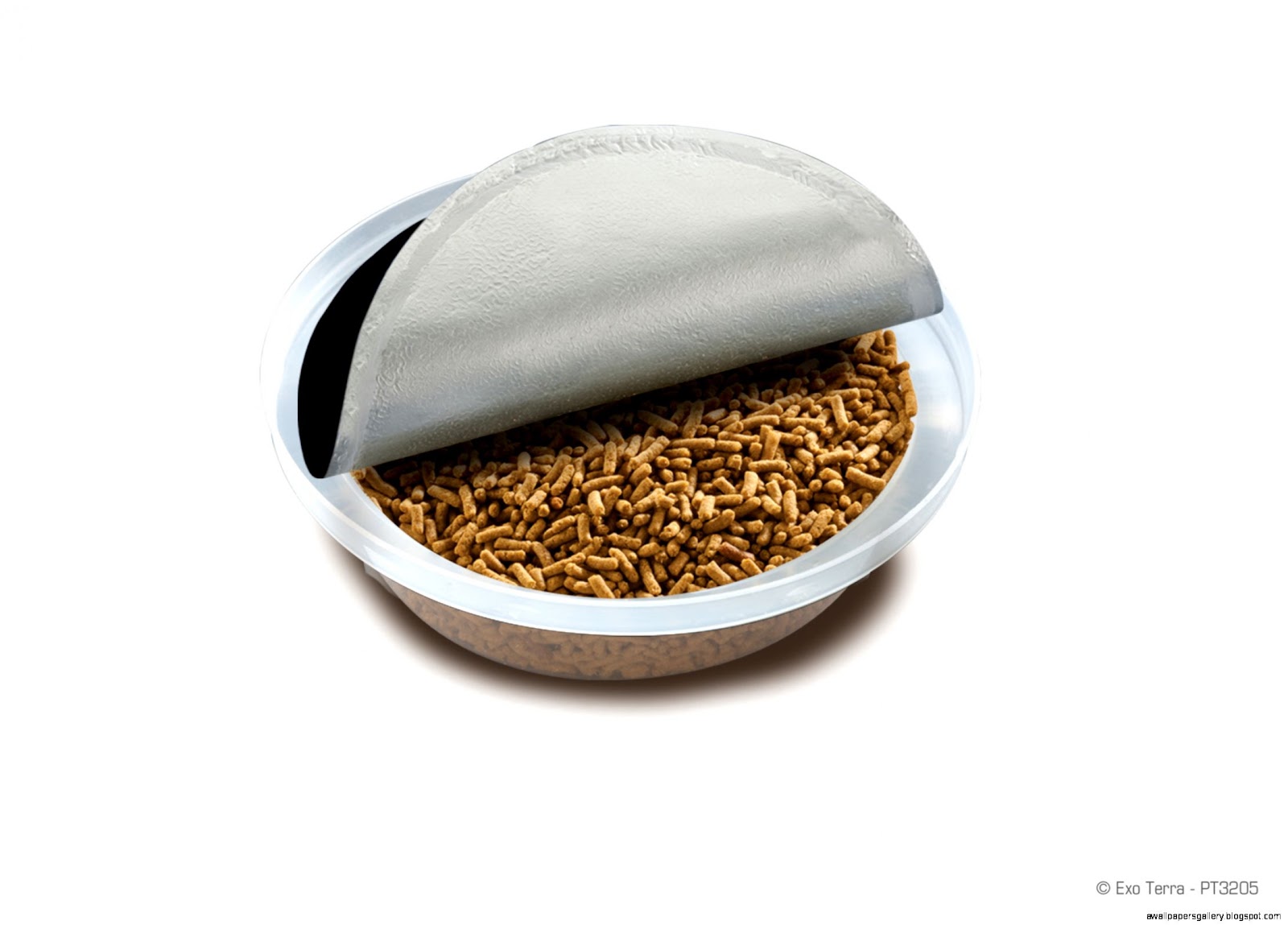
Bearded dragons are fascinating creatures that make great pets, but they can be a bit finicky when it comes to eating. If your juvenile bearded dragon is not eating or has stopped eating as much as they used to, there could be a few reasons why. Here are some common causes of appetite loss in bearded dragons:
1. Incorrect Temperatures
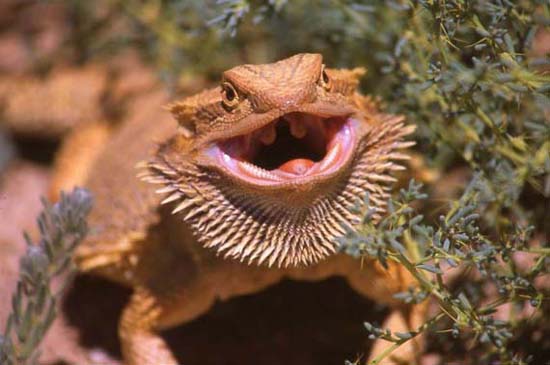
Bearded dragons need specific temperatures to digest their food properly. If the temperature is too low or too high, they may lose their appetite. A basking area with a heat lamp should be around 100-110 degrees F, with the cooler side of the enclosure around 75-85 degrees F. Make sure to check your temperature readings with a thermometer to ensure accuracy. If temperatures are incorrect, adjust lighting and heating sources as needed.
2. Illness or Parasites
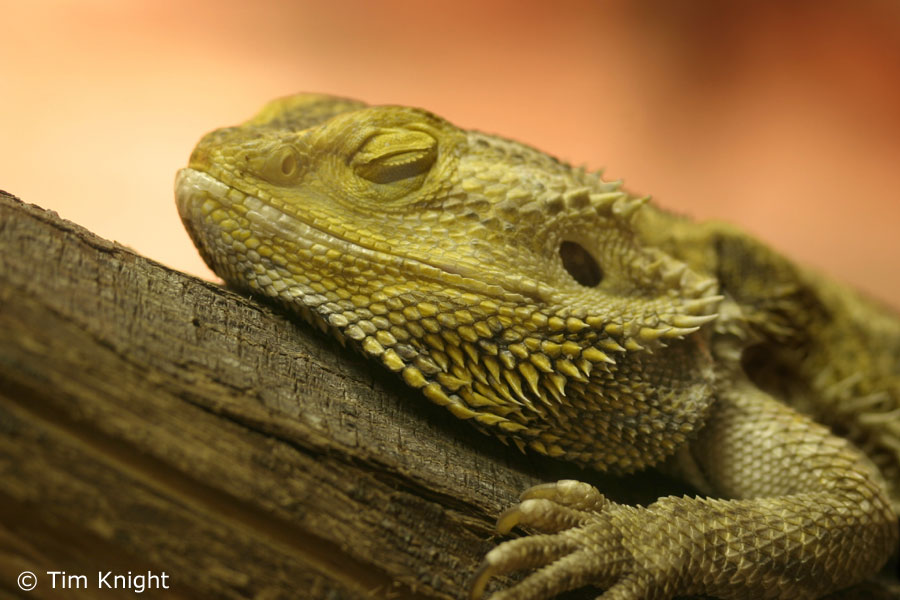
Like all living creatures, bearded dragons can become sick or infected with parasites. Some common illnesses that can affect bearded dragons are parasites, respiratory infections, and digestive issues. If your bearded dragon has other signs of illness such as lethargy, mucus around their nose, or discoloration, it’s best to take them to a veterinarian who specializes in reptiles immediately.
3. Stress

Bearded dragons can get stressed out for a variety of reasons, such as a new environment, other pets, or sudden changes in their routine. When stressed, they may lose their appetite, become lethargic or act aggressively. To minimize stress, you can make sure their enclosure is adequate for their needs, avoid sudden changes in their environment, and provide regular handling and interaction.
4. Too Much Food or Incorrect Diet
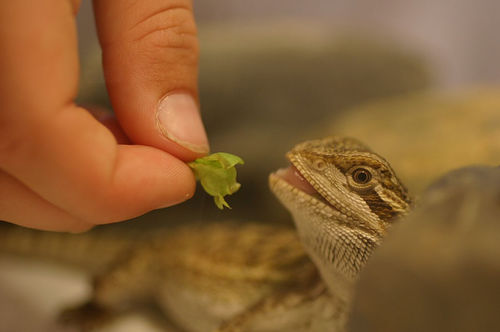
Juvenile bearded dragons need a balanced diet that includes protein, fruits, vegetables, and calcium supplements. However, overfeeding or feeding the wrong types of food can lead to appetite loss, digestive issues, or obesity. Make sure to provide the right amount and variety of food, and avoid giving them anything that might upset their stomach, such as citrus fruit or insects that are too large.
What to Do When Your Juvenile Bearded Dragon Stops Eating
If your juvenile bearded dragon is not eating, here are some tips and tricks you can try to get them back on track:
1. Check Temperatures and Lighting

Make sure the temperatures and lighting in your bearded dragon’s enclosure are accurate and adequate for their needs. Adjust lighting and heating sources as needed.
2. Offer Fresh Food and Water

Ensure that the food and water you offer your bearded dragon are fresh, clean, and provided in appropriate amounts. Remove any uneaten food and replace it with fresh food daily. Consider providing water in multiple areas in their enclosure to maximize hydration.
3. Provide a Stress-Free Environment
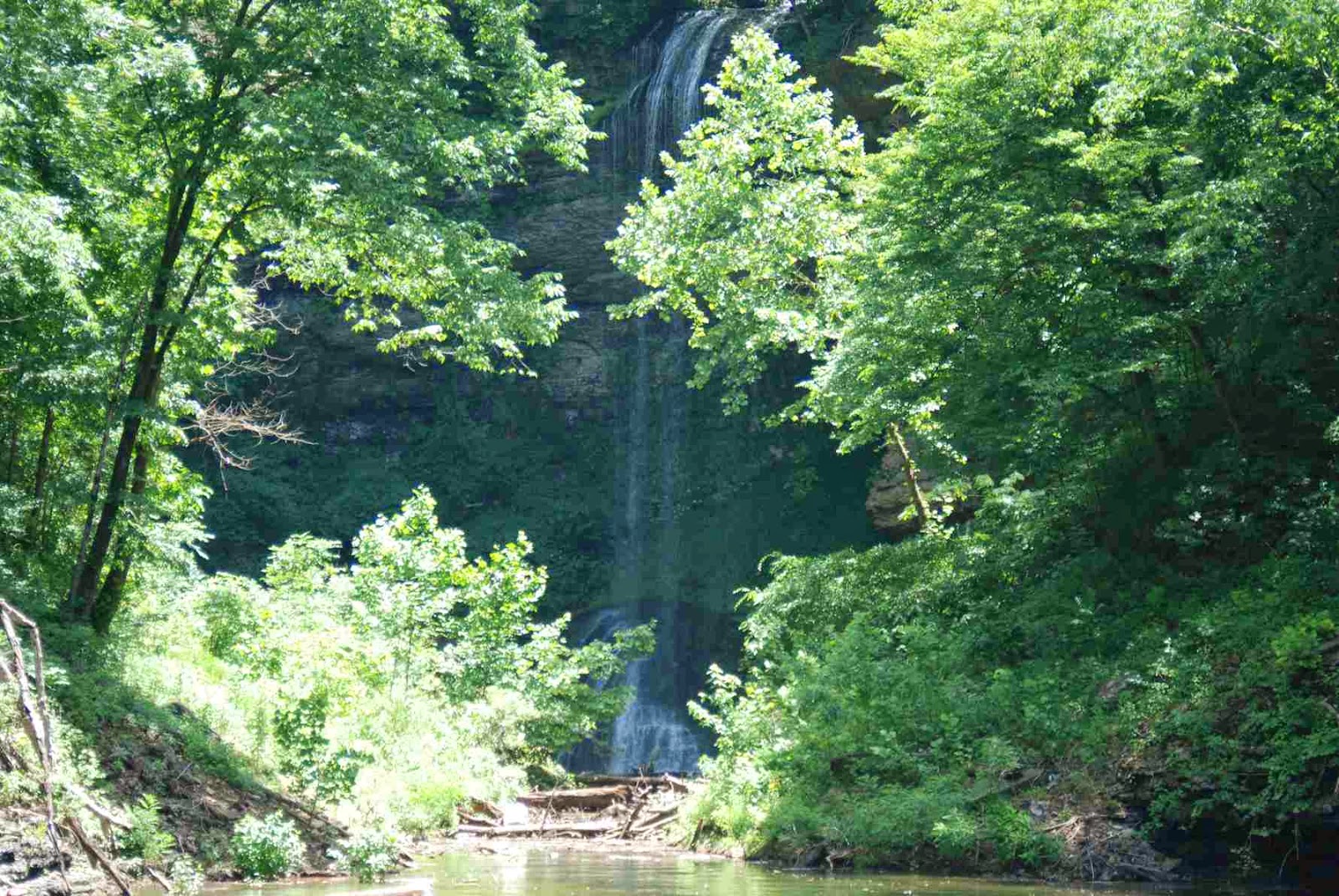
Reduce stress by providing a clean, safe, and comfortable environment for your bearded dragon. Make sure they have adequate space, hiding spots, and a comfortable temperature. Avoid sudden changes in their enclosure and routine, and provide regular handling and interaction.
4. Take Them to the Vet

If your bearded dragon continues to refuse food or exhibits other concerning symptoms, consult with a veterinarian who specializes in reptiles. They can perform a physical examination, adjust treatments or provide medications as necessary, and rule out any serious health issues.
Conclusion
Juvenile bearded dragons may lose their appetite for a variety of reasons, such as incorrect temperatures, illness or parasites, stress, or an incorrect diet. If your bearded dragon is not eating, assess their environment and diet, and offer fresh food and water in appropriate amounts. If they continue to refuse food or exhibit other concerning symptoms, contact a veterinarian who specializes in reptiles for further assistance. With proper care and attention, your bearded dragon can thrive and live a happy, healthy life.
